Three new FPF FOIA suits target threats to transparency, press freedom
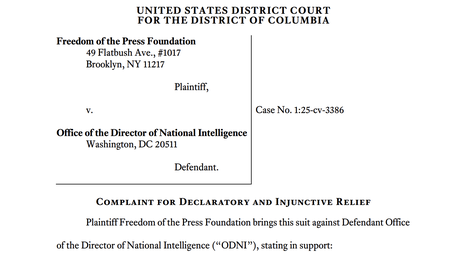

AP Illustration
The Freedom of Information Act gives the public a right to access government records.
The Freedom of Information Act is supposed to shed light on government activity by giving journalists and the public access to government records. But the law is in shambles. From endless delays in response time and unjustified refusals to ridiculously overbroad redactions, FOIA is plagued with problems.
We must fight back against the government’s refusal to comply with FOIA and urge Congress to reform the law and end backlogs of requests, reduce the number of exemptions, and overturn damaging court decisions.

Plus: Declassification board pushes for release of 9/11 records

Plus: Administration releases partial legal rationale for Venezuela strike
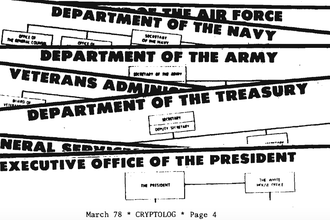
Plus: Trump administration continues reliance on secret law to justify potentially unlawful actions
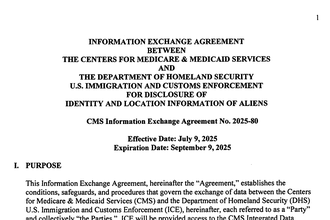
FPF and 404 Media won access to it in our joint FOIA lawsuit

Plus: Remembering Dr. William Burr, nuclear scholar and declassification expert

Plus: Kristi Noem’s agency insists she’s never sent or received a direct message on Truth Social
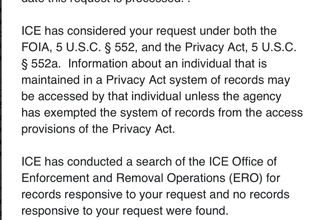
ICE says no footage despite a court order for agents to wear cameras and turn them on.
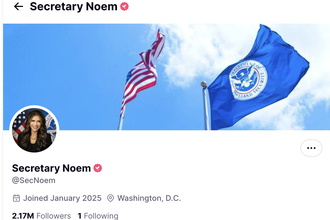
FPF is appealing the dubious DHS response to our FOIA request
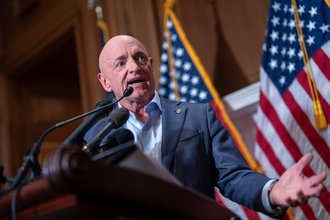
Plus: IRS says it will take eight months to search for an email
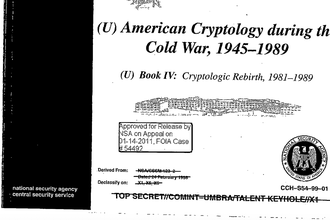
Plus: Let’s call DHS what it is — a domestic spying agency.
Something went wrong and your email updates subscription could not be processed. Please visit our signup page and try again.
Thanks for helping us protect FOIA and the right of the press and public to know what the government is up to.
Share this message on social media: